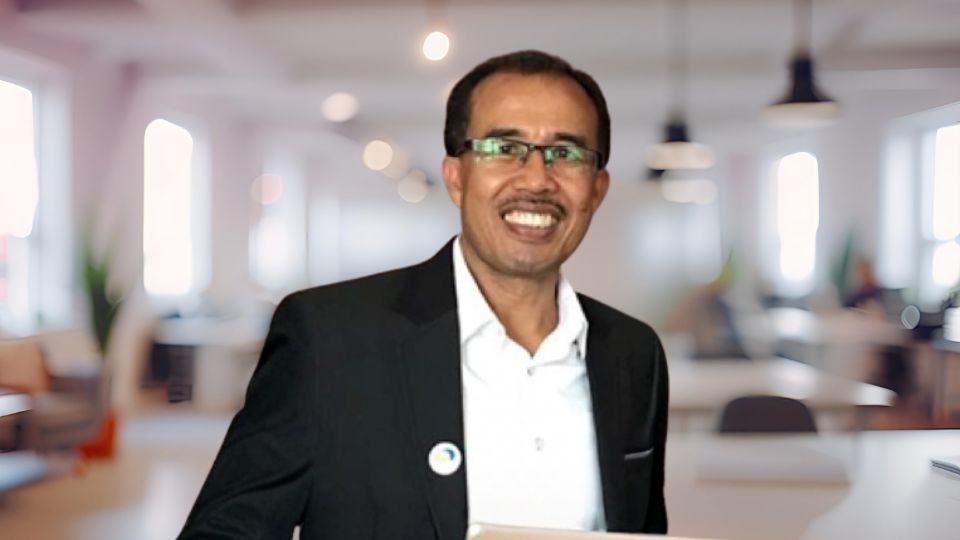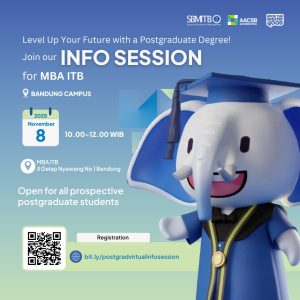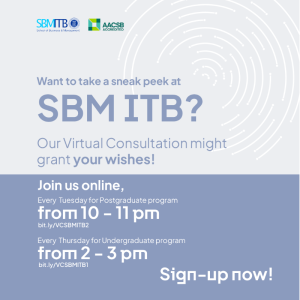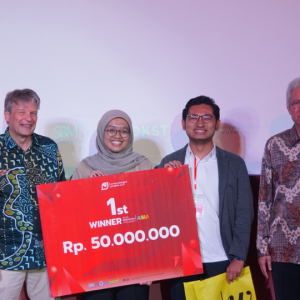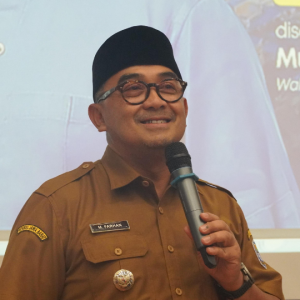Design thinking plays a crucial role in creating business innovation. To fully grasp the concept of design thinking, it is essential to begin with fundamental questions that encompass the 5Ws + 1H: what, why, who, when, where, and how. This approach ensures that every solution is based on a well-defined problem.
UX Specialty Founder Bengris Pasaribu stated that design thinking should be considered an innovation tool that can be used in various fields. This process becomes even more powerful when it involves individuals with diverse backgrounds.
“The more diverse the audience, the more innovative ideas can be generated,” said Bengris during a guest lecture titled “Design Thinking for MBA Students” at the MBA ITB Campus in Bandung on October 9.
This lecture is part of a learning program designed to help students understand creative, solution-oriented, and human-centered thinking approaches within the context of modern business. Bengris also introduced the concept of human-centered design, which places people at the core of the innovation process. He emphasized that empathy for users is the fundamental foundation of design thinking. The framework includes the stages of empathize, define, ideate, prototype, test, and implement, all of which can be adapted to real-life business scenarios.
Meanwhile, Hanny Zora Agustinam, a UX Researcher and internationally certified design thinking facilitator, shared the application of design thinking through case studies at a state-owned film company, a telecommunications company, and a state-owned food holding company. Hanny explained that design thinking is not a rigid or linear process; instead, it is an iterative learning cycle that guides teams to continuously empathize, explore, and validate solutions. She emphasized the importance of cross-functional collaboration in producing relevant and impactful innovations for users.
Through these two sessions, SBM ITB MBA Entrepreneurship students gained a deep understanding of how design thinking can be used to identify new opportunities, develop creative ideas, and build relevant business solutions. This guest lecture is expected to foster an innovative, empathetic, and collaborative mindset in aspiring future entrepreneurs.
